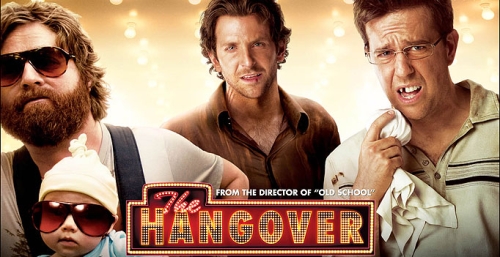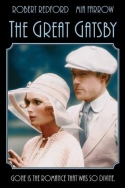
This weekend's hot new release is NOW YOU SEE ME. It's a high-concept heist flick about four superstar magicians who pull off live bank robberies as part of their act. The FBI has trouble proving they're crooks since the suspects are on stage when the robberies occur.
The 2009 spec script was written by EDWARD RICOURT and BOAZ YAKIN. Ricourt is a member of Marvel Studios' writing program. His spec script, YEAR 12, made the 2009 Black List. Now You See Me is his first produced credit. Yakin's credits include Clint Eastwood's THE ROOKIE and PRINCE OF PERSIA: THE SANDS OF TIME. He wrote and directed the 1994 Sundance hit FRESH, starring Samuel L. Jackson, as well as last year's SAFE, starring Jason Statham.
Picked up by STAR TREK producers Roberto Orci and Alex Kurtzman, the script was rewritten by ED SOLOMON, best known for MEN IN BLACK. Solomon's other credits include BILL & TED'S EXCELLENT ADVENTURE, CHARLIE'S ANGELS, and LEVITY, which he also directed.
Also opening in limited release on four screens this weekend is THE EAST, starring and co-written by BRIT MARLING.

The actor/writer also co-wrote and starred in 2011's ANOTHER EARTH, an unforgettable drama about forgiveness with sci-fi elements. The following year, she played Richard Gere's daughter in ARBITRAGE, which she did not write.
Both movies have a car crash as their inciting incident. The crash in Arbitrage occurs nearly a half hour into the picture. Having seen the trailer first and knowing the story revolved around this crash, I kept waiting for it. And waiting. If I hadn't seen the trailer, I would have bailed on the movie. The crash in Another Earth takes place in the first three minutes. Story started. Hooked.
Earlier this year, Marling appeared in Robert Redford's THE COMPANY YOU KEEP, about a retired domestic terrorist on the lam. Including Redford, the cast boasts four Oscar winners, five nominees, a 12-year-old opera singer who has three albums that debuted in Billboard's top ten, and Shia LaBeouf. The script gets squashed under the weight of all that talent and the subplots all add up to less than the sum of their parts.
The East, also about domestic terrorists, puts you inside an active underground anarchist cell. The script is about things that matter, while Redford's movie is more about things that used to matter, to one person. Thought provoking and suspenseful, The East is a great alternative to the summer tent poles.









